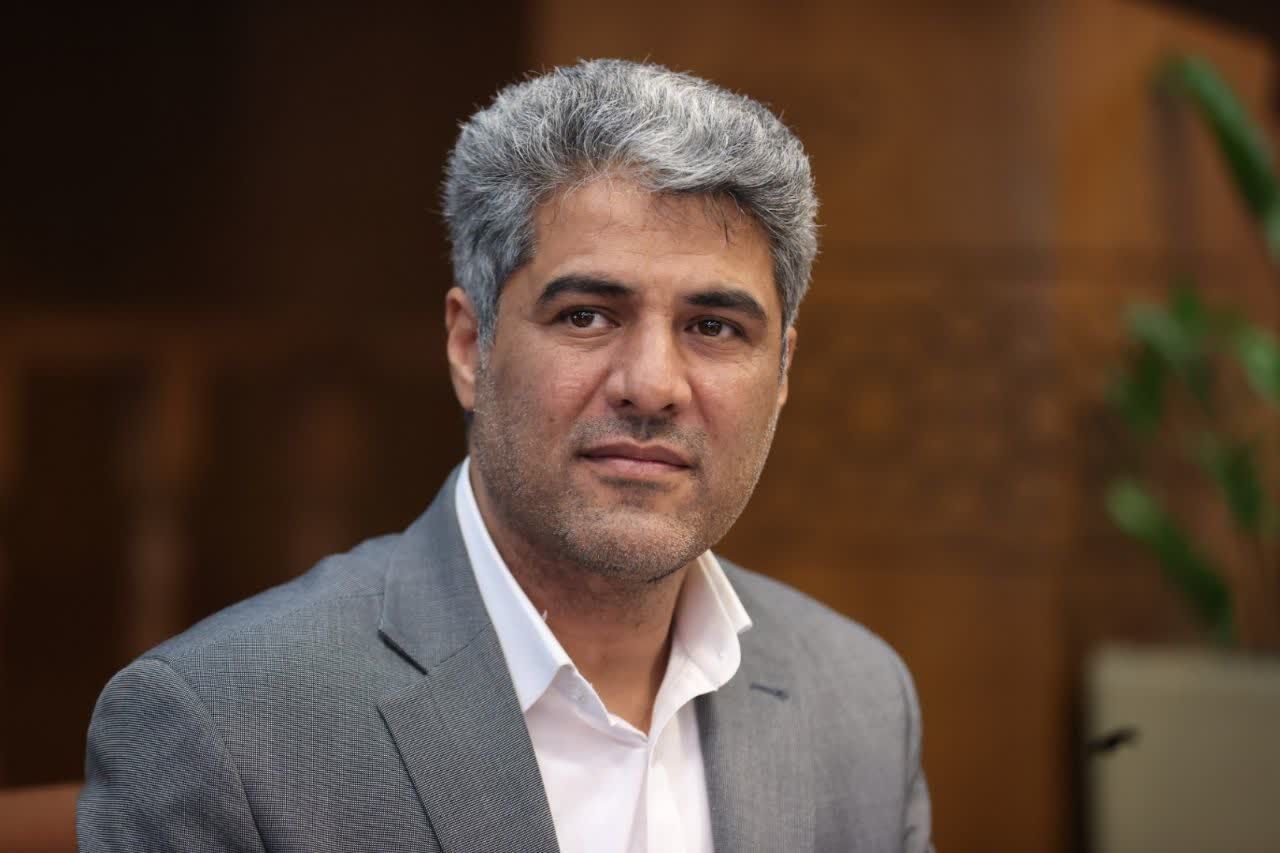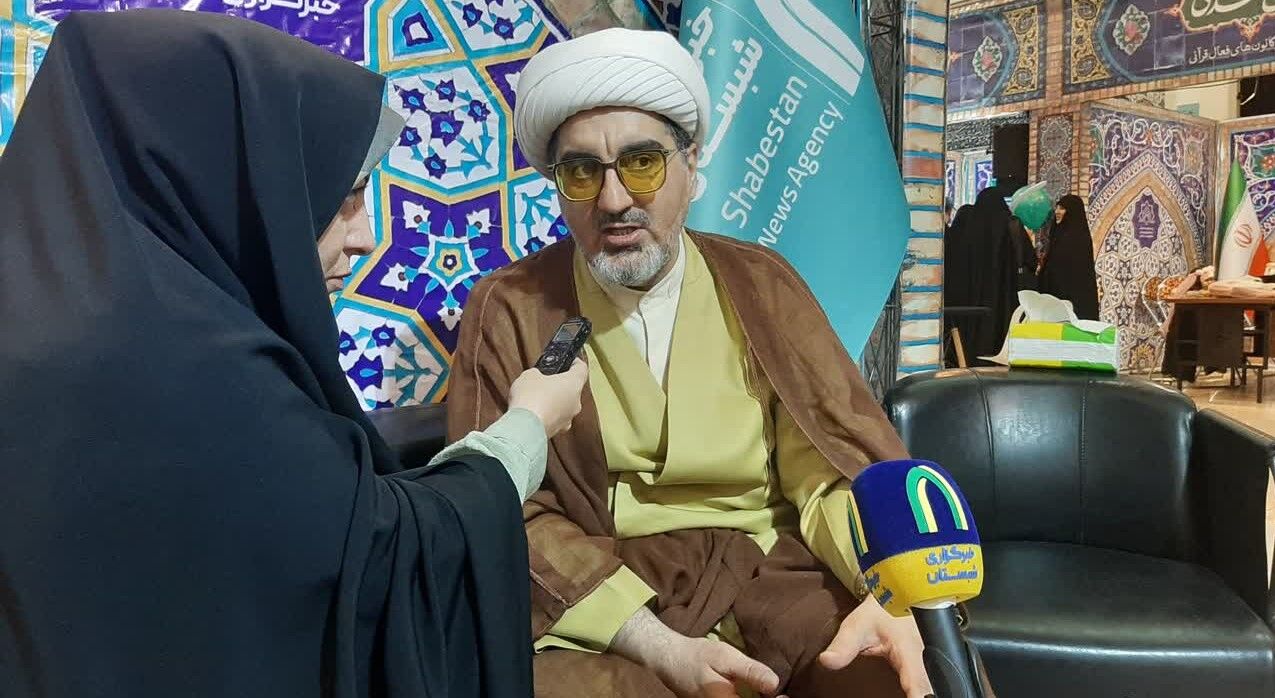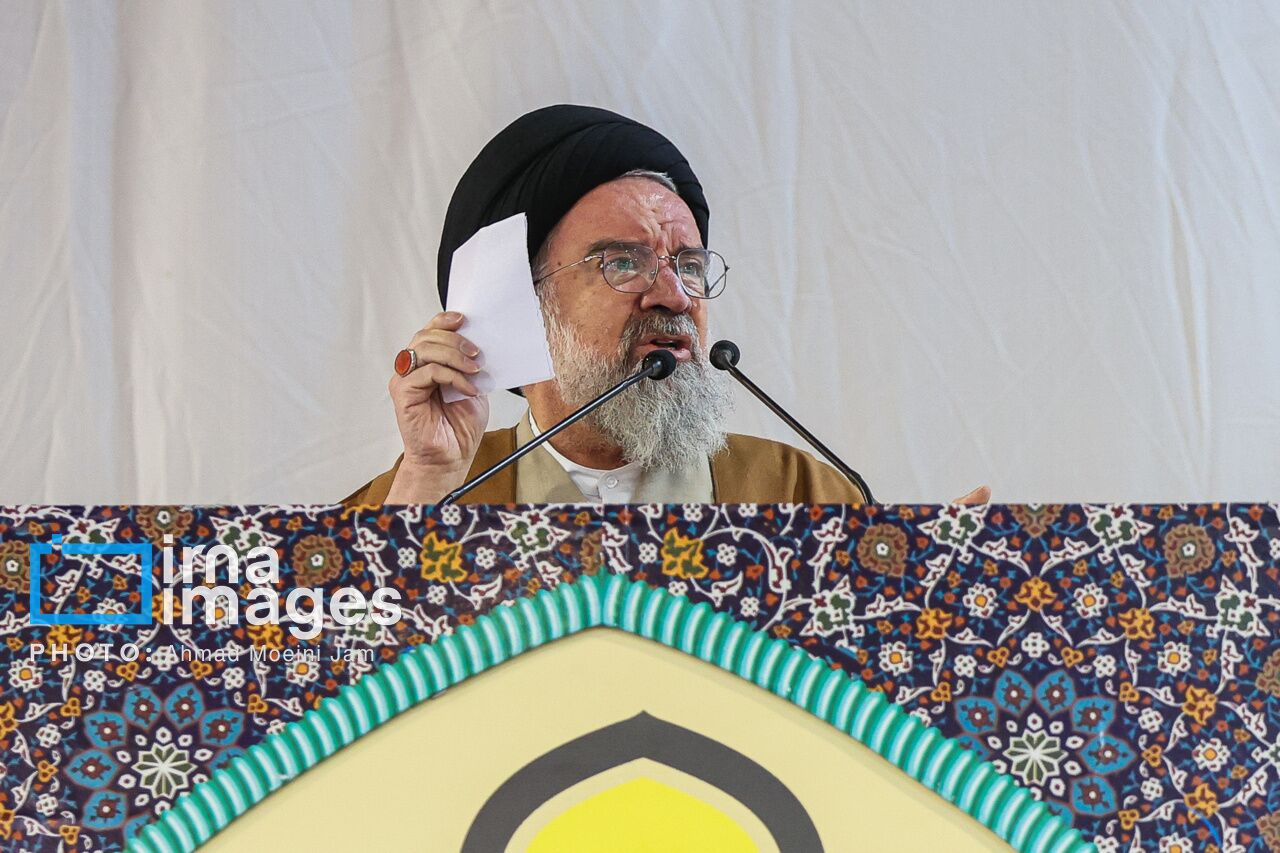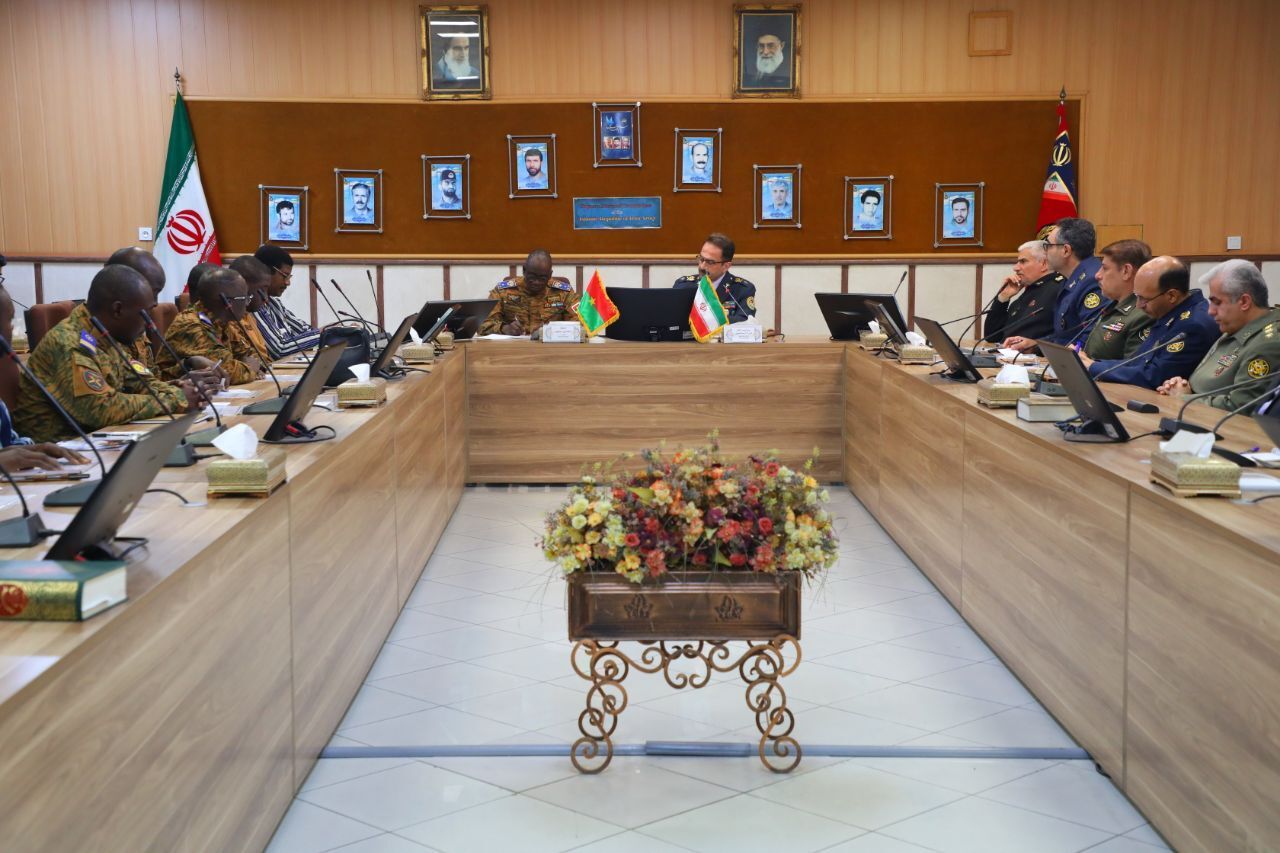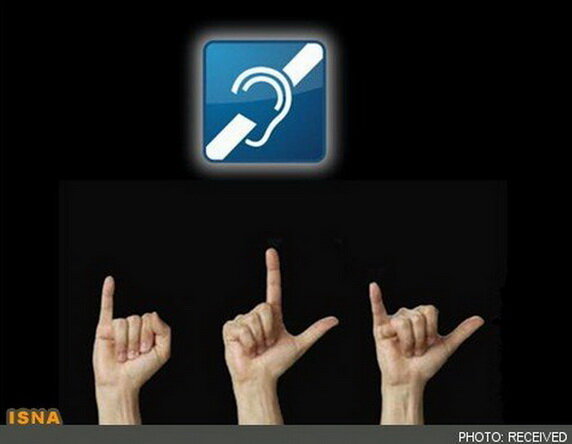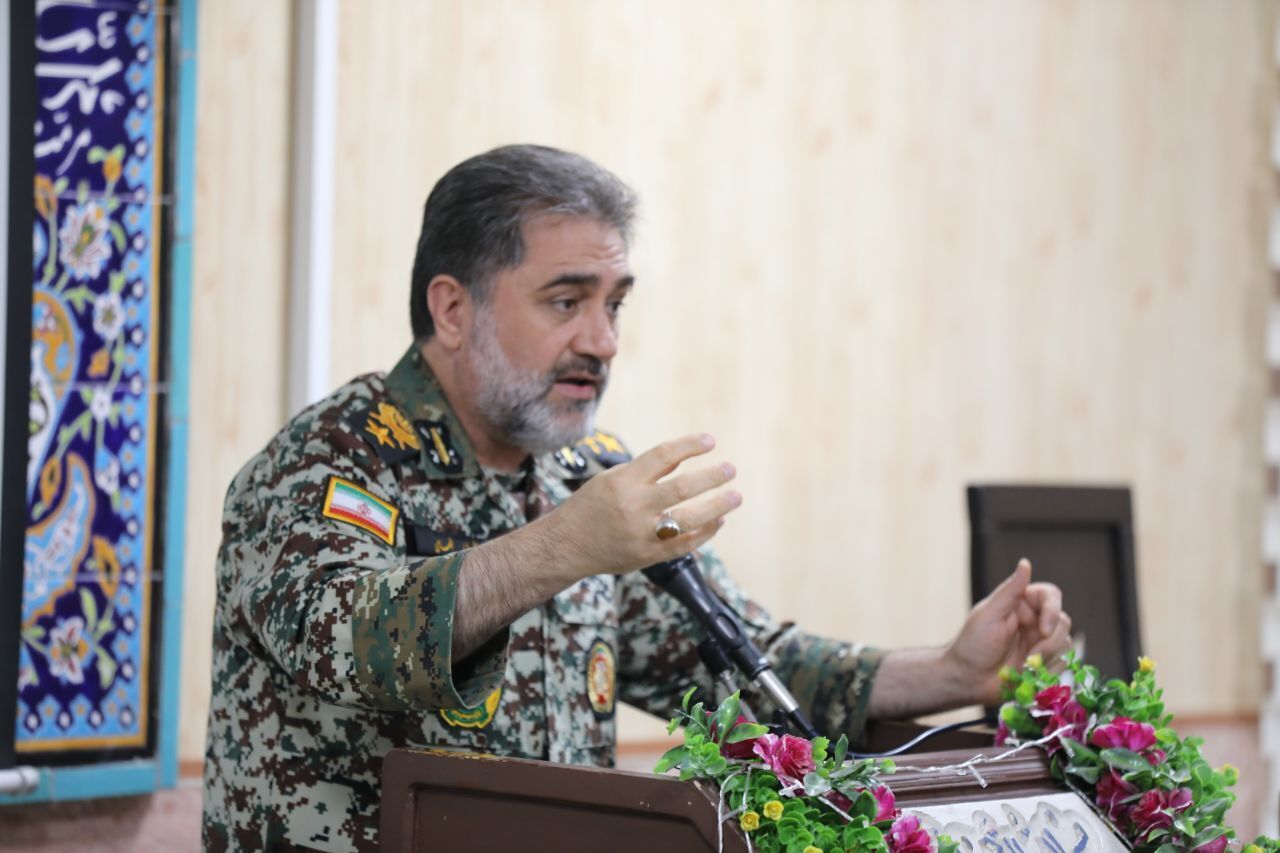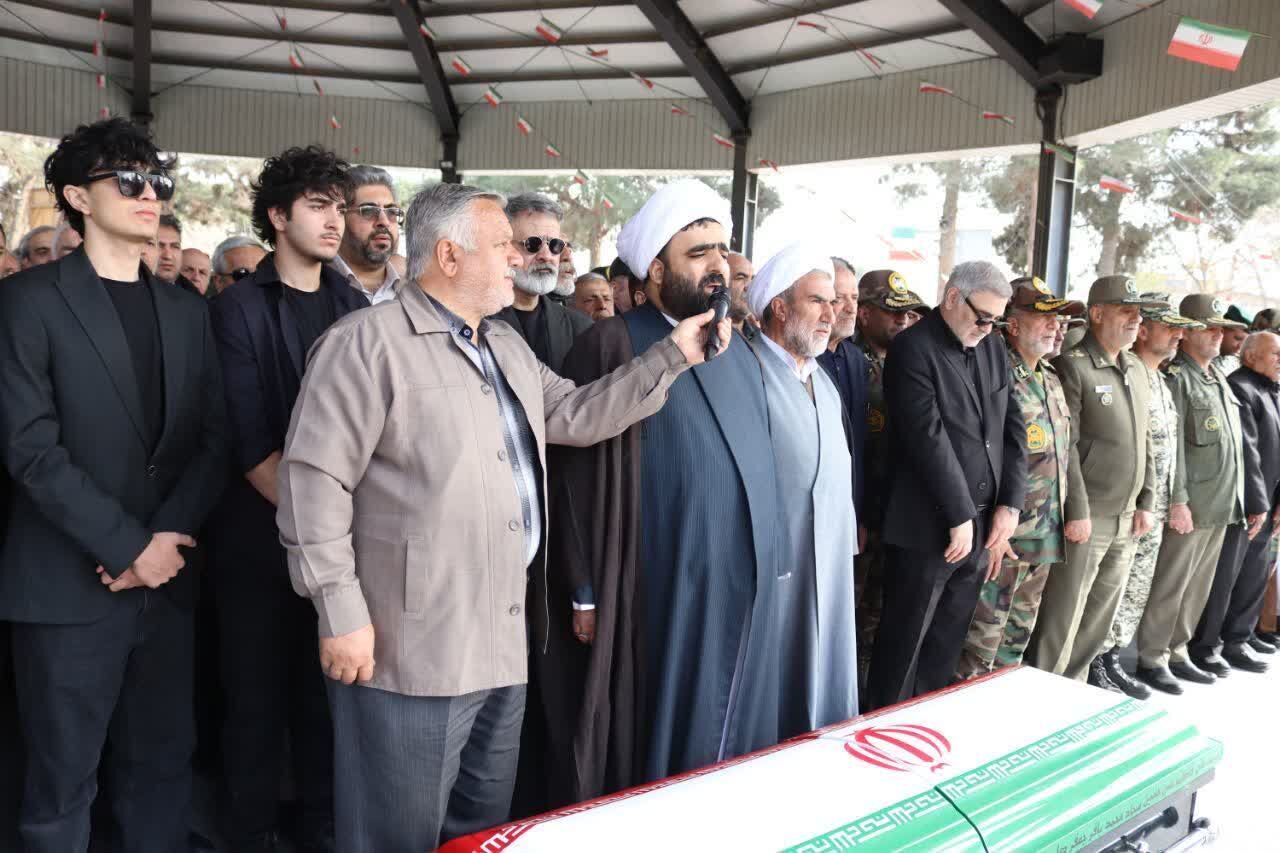Full list of Israel's ceasefire violations in Gaza
Full list of Israel's ceasefire violations in Gaza

Since the Gaza ceasefire was signed last month, Israel has continued to violate the agreement.
From air strikes and shootings to arrests and incursions beyond the deployment lines, most of the violations appear unprovoked.
Israel has cited alleged breaches by Hamas and other Palestinian groups to justify its actions.
Hamas, however, has denied the accusations, insisting it has fully complied with the terms of the ceasefire.
Many of the violations targeting civilians, meanwhile, have occurred without justification.
Middle East Eye provides a detailed breakdown of all Israeli violations three weeks after the deal was signed.
Attacks
As of 28 October, Israeli forces had carried out 52 shootings and 55 shellings across the Gaza Strip, according to the Gaza-based Government Media Office.
Further air strikes have been launched since.
The attacks have killed 226 people, including 97 children - nearly 40 per cent of all fatalities - and wounded a further 594.
Israel has also demolished at least 11 civilian homes, with troops continuing to deploy remotely controlled, explosive-laden robots to destroy buildings.
In two separate alleged attacks by Palestinians in Rafah, three Israeli soldiers were killed.
No Palestinian group, including Hamas, has claimed responsibility.
Israel launched more heavy air strikes, killing scores of people.
Arrests and incursions
Israel has carried out multiple incursions beyond the so-called Yellow Line, which marks troop deployments within the Gaza Strip.
Many of those killed in the attacks were shot or bombed while inside the Yellow Line, an area outside Israeli control.
According to the Gaza media office, at least nine such incursions had been reported as of 28 October.
Hamas has also accused Israel of maintaining fire control up to 1,500 metres beyond the Yellow Line in parts of the Strip.
The Israeli army has reportedly also placed yellow concrete blocks at distances ranging from 400 to 1,050 metres inside the demarcated area.
Israeli forces have additionally arrested at least 29 Palestinians, some while inspecting homes near the Yellow Line, and others from the sea while fishing.
Aid and border closure
During the two-year genocidal war on Gaza, Israel closed all border crossings - including the Rafah crossing with Egypt - blocking the entry of aid and goods.
The tight siege triggered a famine, declared in August, leaving scores of people dead from malnutrition and a lack of medicine.
The agreement signed last month - brokered by the United States, Qatar, Egypt and Turkey - stipulated an end to the siege by the reopening of the Rafah crossing for the movement of people and the entry of 600 humanitarian aid trucks and 50 fuel trucks daily.
Israel has so far kept the Rafah crossing closed, preventing tens of thousands of critically wounded people from seeking treatment abroad.
Only around 100 fuel trucks have entered in the past 21 days - roughly 10 percent of the agreed quantity.
The number of trucks entering the Gaza Strip has been steadily increasing, averaging over 580 per day. However, only about 30 percent of these carry humanitarian aid, with the remainder transporting commercial goods.
Items such as frozen meat, eggs and livestock remain largely banned.
According to health officials, only around 10 percent of essential and urgently needed medical supplies have entered.
Israel has yet to permit the entry of heavy machinery required to clear rubble and reopen roads.
Prisoners
Additionally, Hamas has accused Israel of breaching the terms related to the prisoner exchange component of the deal.
The Palestinian movement said Israel has failed to provide a complete list of all prisoners currently held in its custody.
Since the war began, Israel has detained thousands of people from Gaza and the occupied West Bank, but has not disclosed the whereabouts of many of them.
Thousands remain missing, with families unsure whether their relatives are alive or dead, or where they are being held.
Hamas said Israel had provided only an incomplete list containing errors.
The group has also accused Israel of failing to release children and women from Gaza, as stipulated in the agreement.
Meanwhile, Israel has accused Hamas of delaying the recovery of dead captives, citing that as justification for many of its violations.
However, the agreement explicitly states that the bodies of dead captives are to be handed over "as soon as" Hamas can recover them, without a fixed deadline.
Hamas said the recovery process requires heavy machinery and access to Israeli-controlled areas.
The group has so far returned 20 living captives and 17 bodies under the agreement, with 11 more believed to remain buried in Gaza.






